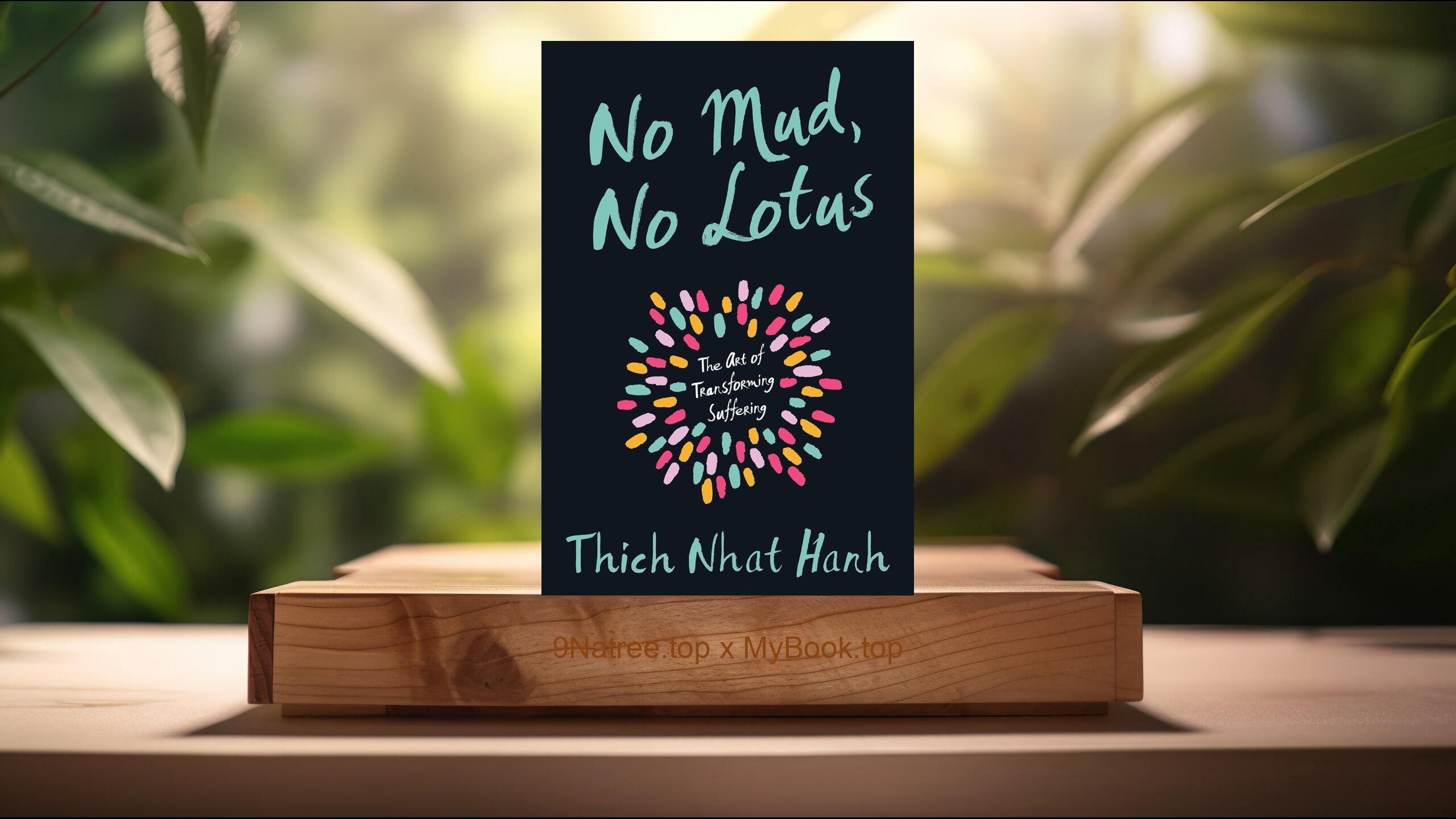Show Notes
Buy on Amazon: https://www.amazon.com/dp/B086J7X4GV?tag=9natree-20
Read more: https://mybook.top/read/B086J7X4GV/
#ZenBuddhism #Mindfulness #Beginner'sMind #MeditationPractices #SpiritualGrowth #ShunryuSuzuki #PhilosophyofMind #ZenPractice #ZenMindBeginnersMind
These are takeaways from this book.
Firstly, The Concept of Beginner's Mind, The 'Beginner's Mind,' or 'Shoshin' in Japanese, lies at the heart of Zen Buddhism and forms a central theme of Shunryu Suzuki's teachings. It refers to an attitude of openness, eagerness, and lack of preconceptions when approaching life, much like a beginner. According to Suzuki, maintaining a beginner's mind is essential for true understanding and spiritual growth. This concept challenges the ego and intellectual complacency, encouraging practitioners to approach every experience as if for the first time. Through engaging anecdotes and parables, Suzuki illustrates how a beginner's mind rejuvenates practice and leads to profound insights. It’s an invitation to let go of our assumptions and embrace the world with curiosity, fostering a deeper connection with our surroundings and the essence of Zen.
Secondly, Right Practice and Attitude, Suzuki delves into the nuances of establishing a correct practice and attitude toward Zen Buddhism. He emphasizes that the practice of sitting meditation, or 'zazen,' is not a means to achieve something but an end itself. Through 'zazen,' practitioners can observe their mind and body, fostering a discipline devoid of ego-driven goals. Suzuki advocates for an attitude of non-attachment to outcomes, highlighting that the essence of Zen lies in the process rather than in achieving enlightenment. This insight offers a refreshing perspective against the backdrop of goal-oriented modern societies, teaching us the value of presence and the acceptance of life as it unfolds. By embracing such practices and attitudes, individuals can cultivate a serene mind, capable of responding to life's complexities with grace and equanimity.
Thirdly, Understanding True Nature, In 'Zen Mind, Beginner's Mind,' Suzuki challenges readers to confront the nature of existence and self. He prompts a deep introspection into our true nature, beyond the superficial constructs of identity and societal roles. According to Suzuki, realizing our 'original face'—our innate, unconditioned self—is key to genuine freedom and enlightenment. This understanding is not acquired intellectually but through experiential wisdom, nurtured through consistent 'zazen' practice. Suzuki’s discourse encourages individuals to peel away layers of ingrained beliefs and perceptions, tenderly guiding them towards an experiential understanding of their authentic selves and their interconnectedness with the universe. This topic encourages a profound spiritual journey, inviting readers to explore beyond the confines of the rational mind.
Fourthly, The Importance of Breathing, Suzuki places significant emphasis on the practice of mindful breathing as a fundamental aspect of Zen practice. He teaches that controlled breathing is not just a physical exercise but a conduit to harmonizing the mind and body. Through mindful breathing, practitioners can anchor themselves in the present moment, mitigating distractions and fostering a state of concentrated awareness. Suzuki outlines various breathing techniques, highlighting their role in maintaining the flow of energy and facilitating deep meditation. This focus on breathing is pivotal for cultivating a quiet mind, essential for observing the subtle movements within us and in our environment. It serves as a practical tool for practitioners to explore the intimate relationship between breath, mind, and the universe, advancing their spiritual journey.
Lastly, Dealing with Difficulties and Obstacles, Suzuki addresses the inevitable challenges and obstacles practitioners face on their Zen journey. He offers wisdom on how to navigate difficulties, not by avoidance or suppression, but by facing them with a compassionate and calm mind. Suzuki encourages embracing obstacles as opportunities for growth, emphasizing that every situation, no matter how adverse, holds a lesson. This perspective reshapes our understanding of hardships, shifting from a view of victimhood to one of empowerment. Suzuki's teachings on dealing with difficulties underline the importance of resilience and adaptability, virtues that enrich both spiritual practice and everyday life. Through his guidance, readers learn to approach life's uncertainties with grace, transforming challenges into avenues for profound personal development.
In conclusion, Zen Mind, Beginner's Mind: 50th Anniversary Edition' is a treasure for both seasoned practitioners of Zen Buddhism and those new to the path. Its timeless wisdom resonates with anyone seeking to deepen their understanding of themselves and their place in the universe. Readers who stand at the threshold of their spiritual journey will find in Suzuki’s teachings a gentle, guiding hand. Simultaneously, long-time practitioners will appreciate the reminders to return to the basics, to the core of Zen practice. This book brilliantly demonstrates how embracing a 'beginner's mind' can radically transform our lives, offering a lens through which we can encounter our everyday world with freshness, curiosity, and wonder. It is a profound call to awaken to the present moment, making it an essential read for anyone looking to cultivate mindfulness, compassion, and a deeper sense of connection to the world around them.
![[Review] Zen Mind, Beginner's Mind: 50th Anniversary Edition (Shunryu Suzuki) Summarized](https://episodes.castos.com/660078c6833215-59505987/images/1709533/c1a-085k3-60pkm08ksq59-uvtjim.jpg)




